How should a Jewish person in today's America react when confronted with Nazism? Film is one way we have wrestled with and explored this question since the mid-20th century, and its lens has evolved in the last 50 years.
The idea that any American could laud Hitler was once so absurd it became the basis for the imaginary musical Springtime for Hitler, a production so awful it had to flop. And it was written by one of the first neo-Nazis we find on screen. This was the plot of 1967's The Producers, the brainchild of Jewish movie macher and Nazi-mocker Mel Brooks. The titular Jewish producers were played by Jewish actors Zero Mostel and Gene Wilder. According to Brooks, the way to deal with a Nazi is to point and laugh, even for a whole movie.
In a totally different take, a plot to clone Hitler -- orchestrated by none other than Dr. Josef Mengele -- a professional Nazi hunter (undoubtedly based on Simon Wiesenthal) takes physical action to destroy the lab in 1978's Boys from Brazil, based on the book from Jewish author Ira Levin.
When the Blues Brothers (1980) are blocked from crossing a bridge by a neo-Nazi rally, they issue a war cry, then attack the neo-Nazis in a physically humorous way, as directed by Jewish filmmaker John Landis. A more diplomatic response came from the Jews of a Chicago suburb faced with a neo-Nazi rally, as depicted in the based-on-a-true-story TV movie Skokie.
Vigilantism was in the news in the mid-1980s due to the Bernard Goetz case. And vigilante justice is meted out by two former soldiers (Omega Syndrome, 1986) and one pissed-off granny (Surf Nazis Must Die, 1987) when the neo-Nazi attacks become personal. But the justice system is employed by Mel Mermelstein (played by the late Jewish actor Leonard Nimoy in the TV movie Never Forget) when he accepts a $50,000 challenge to prove the Holocaust happened. He does, but to no one's surprise, the deniers refuse to pay and he takes them to court.
In the 1990s, violence is the answer for another vigilante (Falling Down, 1993) when threatened personally by a neo-Nazi. The non-Jewish "hero" is played by Jewish actor Michael Douglas. In The Infiltrator, again a TV movie, an Israeli journalist goes undercover and uses the power of the press to expose a neo-Nazi gang in Germany. It was based on a non-fiction book by an Israeli author, and aired on HBO.
The late 1990s saw a peak in the number -- and star-power -- of films dealing with neo-Nazism in the US. Higher Learning involves a white-supremacist neo-Nazi -- played by Jewish actor Michael Rapaport -- but deals mostly with racism, not anti-Semitism. His end is violent. And 1996's Mother Night is also not about neo-Nazism directly. In this Kurt Vonnegut tale, an American spy (played by Nick Nolte) struggles with his actions during the war when he poses as a Nazi propagandist.
The year 1998 alone saw four movies with neo-Nazism as the subject. Apt Pupil, a Stephen King story, is about a Nazi-obsessed teen who offers an actual Nazi hiding in his neighborhood a deal: tell me in detail about what you did during WWII, or I'll tell the authorities who you really are. Pariah is once again more about racism: A white teen infiltrates the neo-Nazi gang that raped his African-American girlfriend. In the highly regarded film American History X, a former neo-Nazi (an Oscar-nominated Ed Norton) tries to keep his kid brother from following in his jack-booted footsteps. The TV Movie White Lies broke new ground of a sort, this time depicting a young woman becoming a neo-Nazi like her boyfriend.
The trend tapered off in the new millennium, with fewer movies exploring the subject. In 2001, the The Believer depicted the true story of a KKK member who was revealed to be Jewish. Ryan Gosling portrayed the main character, rewritten as a neo-Nazi. Neo Ned follows a teen (Jeremy Renner) in the Aryan Brotherhood, who after being institutionalized meets and falls for a young black woman (Gabrielle Union) who believes she is, um, Hitler reincarnated.
Next, in 2007, came Steel Toes. David Strathairn plays a Jewish lawyer who defends a neo-Nazi murderer (the victim was from the East Indies) in court. Felon is about a man (Stephen Dorff) sentenced for killing the burglar that broke into his house who confronts neo-Nazis in prison. The Wave was a 2000 feature (based on a 1981 TV short) about a history class being taught lessons in fascism and fanaticism by their teacher through a social experiment.
Over time, you can see neo-Nazis became more interesting to filmmakers as the subjects of their films, not just as the bad guys for Jews or others to fight against. In many cases, no major Jewish characters appear in the film at all.
While violence is often employed by non-Jewish characters in dealing with neo-Nazis, it is seldom used by Jewish characters. They once used mockery, but now trend toward establishment structures, like the law and the media.
Interestingly, neo-Nazism has not been significantly addressed on film in the last decade. We will, however, get something close this fall with Denial, the story of Holocaust scholar Deborah Lipstadt (Rachel Weisz) who was sued for libel by a Holocaust denier.
With the increase in anti-Semitism worldwide, and racism becoming more front and center in America, it's likely that these kinds of characters and issues will be explored in new, thought-provoking ways on the big screen in the years to come.


.jpg?n=3349)
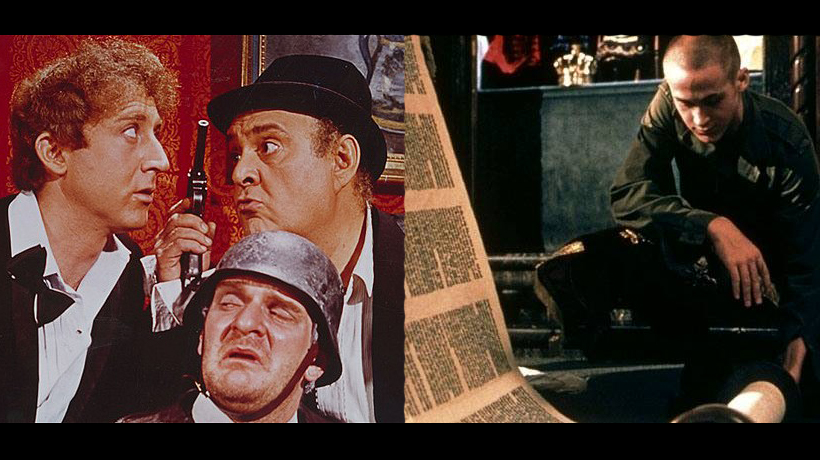
.jpg)
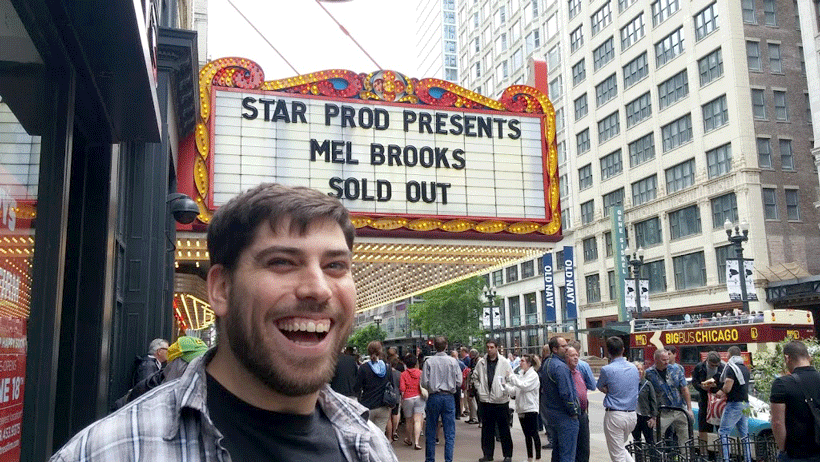
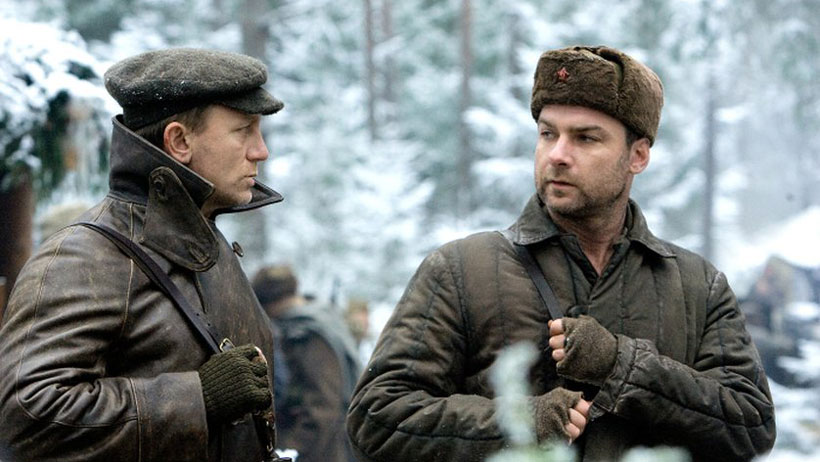
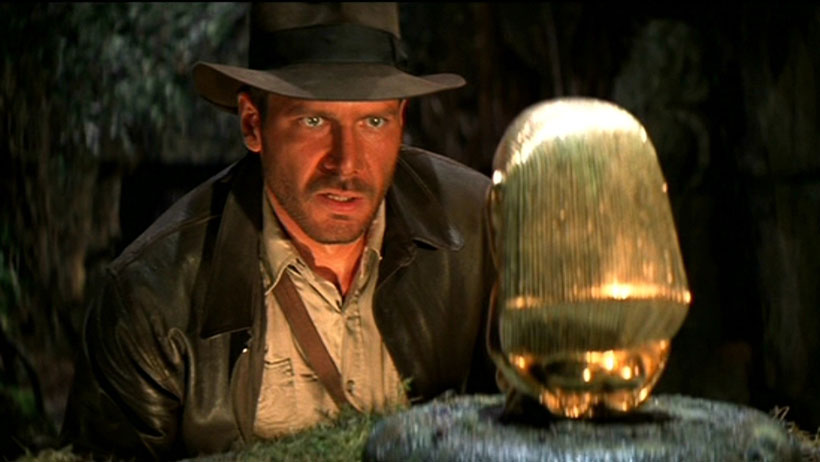
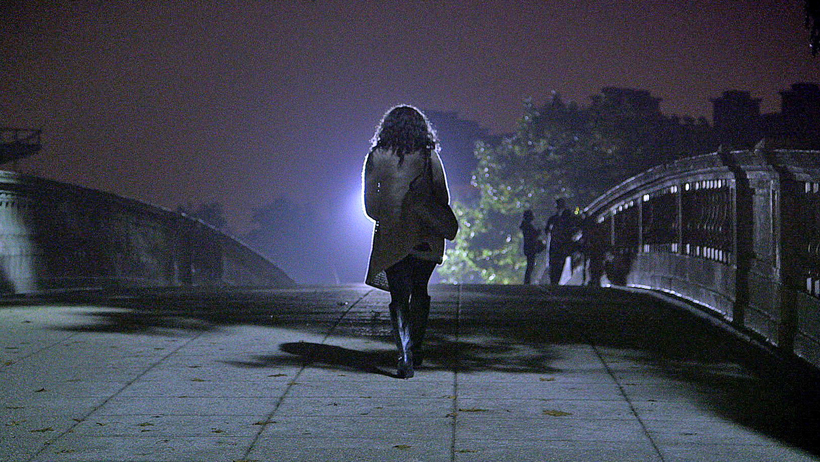

.jpg)



